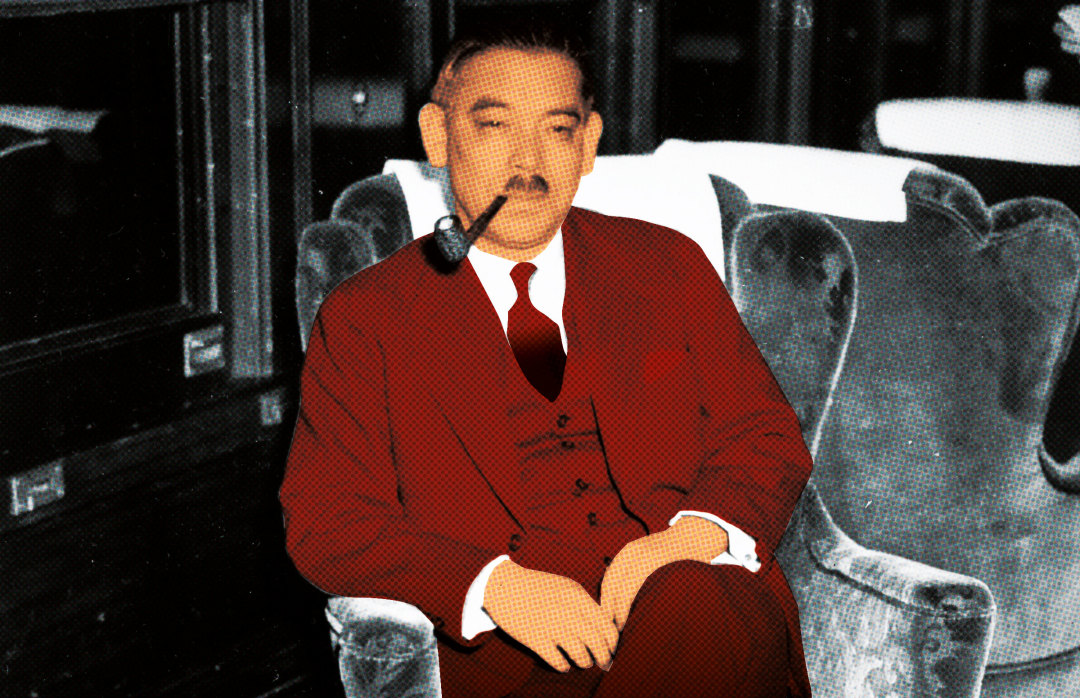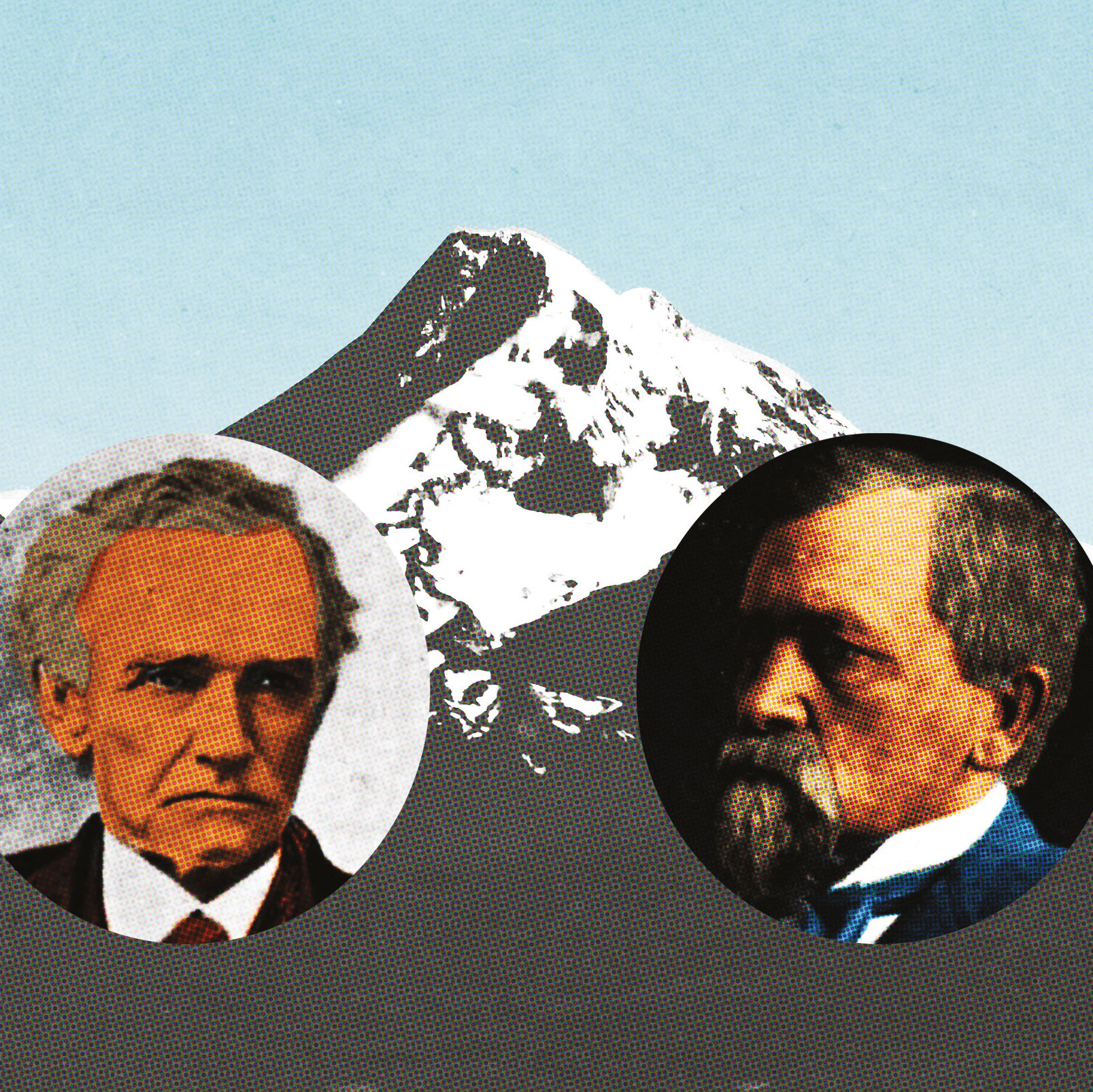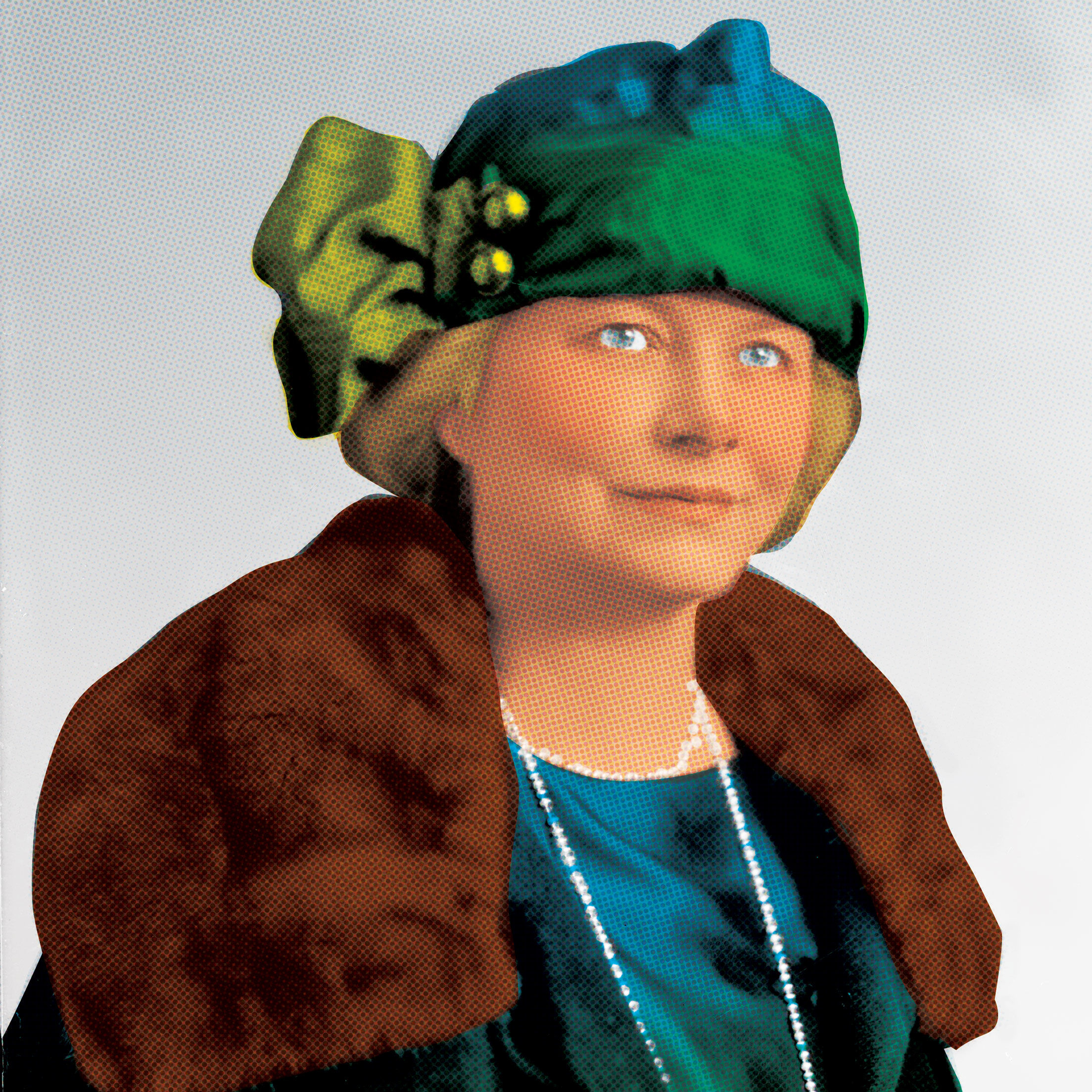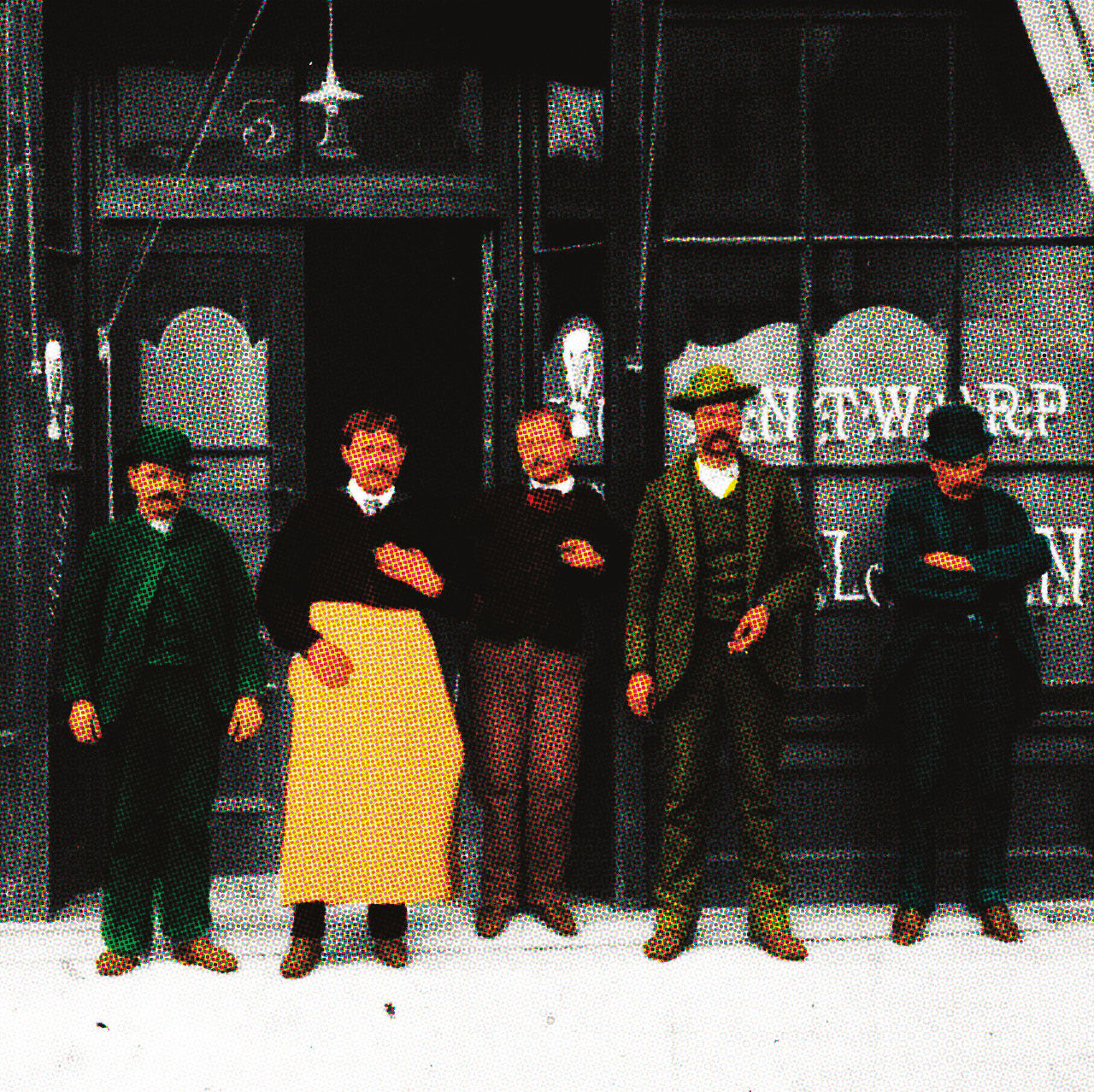The Imperial Minister

Image: The Oregonian
The Imperial Minister
At Lone Fir Cemetery, cherry leaves scatter light across a war criminal’s lovingly signed tribute to the Portlander who helped raise him.
On the plaque of Isabelle Dunbar Beveridge’s 1906 headstone, Yōsuke Matsuoka wrote that only his mother shaped his “mind and character” more than Beveridge. Matsuoka, born in tiny Murozumi, Japan, to a merchant, was sent to Portland at age 13 to escape an impoverished childhood. Beveridge’s brother, William Dunbar, housed Matsuoka, who peddled coffee door-to-door to help support Dunbar’s family. Beveridge, a widow, taught Matsuoka her Scottish-accented English and cared for him while he attended Atkinson. After a brief departure to Oakland for high school, he returned to Portland and in 1900 earned a degree from the University of Oregon’s law school before returning to Japan.
Three decades later, in a prelude to World War II, Japanese forces seized Manchuria after attacking a railway, then blamed the incident on China. By that time, Matsuoka had risen through the Japanese diplomatic corps. In 1933, when the League of Nations condemned Japan for its actions in Manchuria, Matsuoka was his country’s delegate. He had previously declared, “Gentlemen, Japan stands ready to be crucified! In a very few years, world opinion will be changed and also understood by the world as Jesus of Nazareth was.” Now, Matsuoka yanked Japan from the league and stormed away. Suddenly a Japanese hero, he traveled home via Oregon, where in a speech he cast Japan’s action as a moral obligation to counter Chinese factionalism and Soviet meddling and restore order in Asia. He also visited Beveridge’s grave, where he planted a Japanese cherry tree.
Seven years on, Japan was brutalizing China. Now foreign minister, Matsuoka helped create the Axis: the alliance of Nazi Germany, Fascist Italy, and Imperial Japan. He negotiated the document outlining that alliance, and helped shape its endorsement of Japan’s Greater East Asian Co-Prosperity Sphere, which imagined Japan as a colonial overlord in Asia. Matsuoka was out of government before the attack on Pearl Harbor, toppled in political infighting. But as an architect of Japanese expansionism, the ex-Portlander was arrested for war crimes after Japan’s defeat. He died in 1946, before his trial—survived by a shadow at Lone Fir cast by the cherry tree he planted at the grave of a woman he loved like a second mother.
Bill Lascher’s first book, the true story of two World War II journalists who fell in love while covering the conflict in Asia, comes out in 2016.





